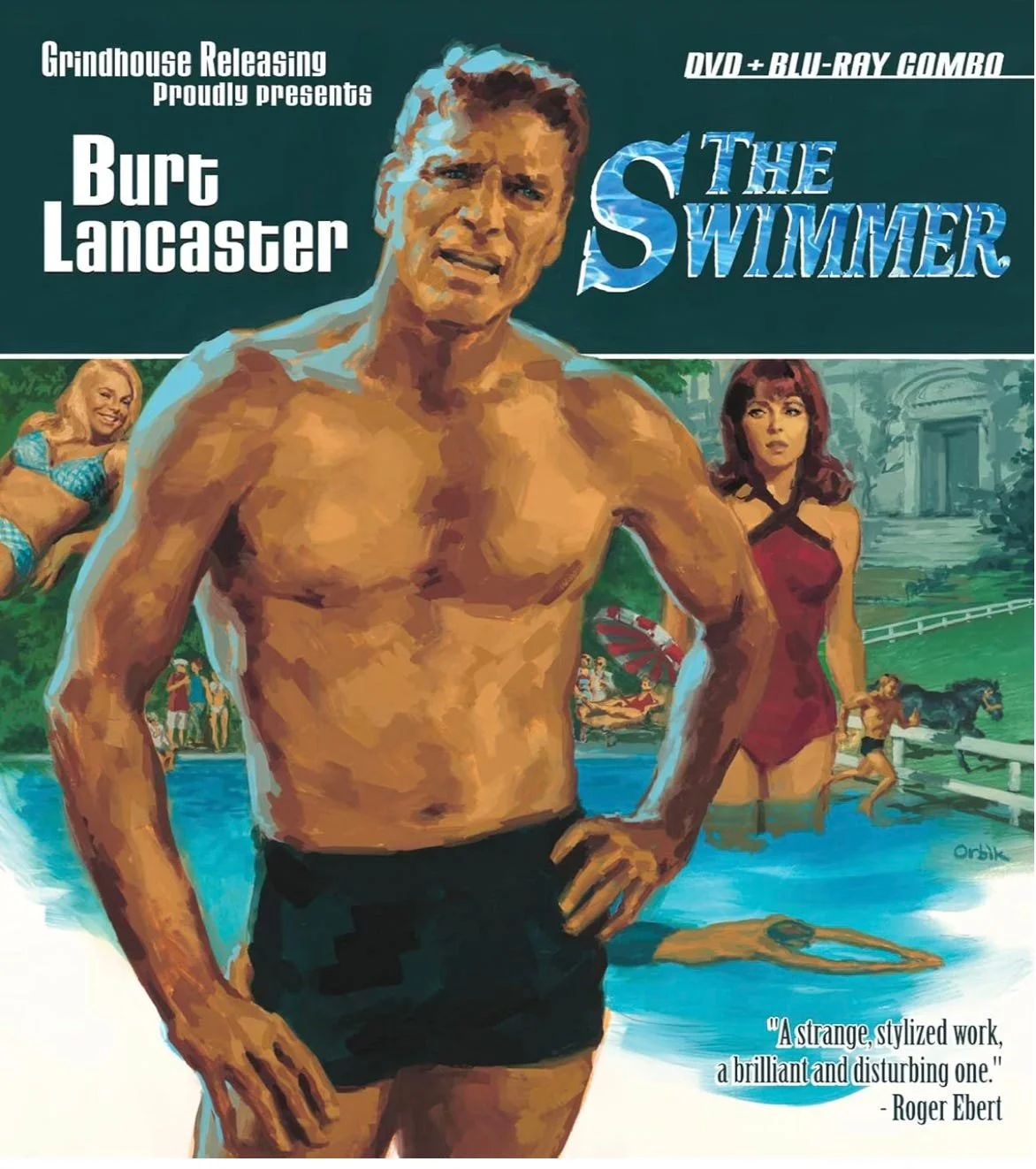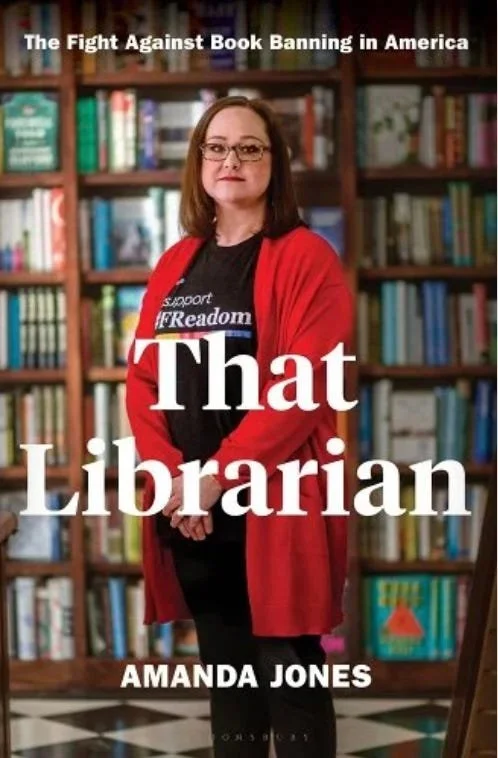Hello Smarty, It's Your BookWag!
Dear Wags,
Every Sunday morning, I swim a half-mile at the neighborhood pool. This less than Olympian exercise takes me about an hour to get through. Katie Ledecky I’m not.
It’s an apt analogy for the grind of completing a manuscript and getting it published. Your favorite author’s new book probably took about a decade to make its way to you. Let’s see if artificial intelligence and on-demand publishing revolutionize the book trade. Meanwhile, Olympians of narrative need time to develop their work.
Here’s something I’ve learned by lap swimming and working at the Wag. Good writing is rooted in repetition, experience, and a dedication to process. Novels that were cranked out in a few months — Faulkner’s As I Lay Dying or F. Scott Fitzgerald’s The Great Gatsby—percolated for much longer. Countless others were a long, hard slog. Victor Hugo needed 12 years to finish Les Misérables.
I find this reassuring. The world drowns in cheap content, and the sheer volume of Substack newsletters can feel pummeling. That’s exhausting for readers, and it can lead fine writers to despair. I don’t know anybody with talent who hasn’t confronted that crush and thought: Why do I even bother?
Because we are on a much longer clock.
Now that the pyrotechnics of the Paris Olympics are over, the book world shuffles quietly into its own awards festivals. They don’t merit lavish coverage; literature doesn’t make for competitive spectacle. There isn’t much of a medal ceremony for the winner of a National Book award or a Pulitzer Prize. The lucky writers who grab those laurels are unlikely to become household names. When the rubber chicken dinner is over, many sink back into obscurity.
The media will laud a telegenic overnight success who lands a big Hollywood deal, but such figures are rare. Someone on social media recently voiced the agony of unknown authors everywhere: If you don’t make millions from book sales, if you don’t win some lofty award, if you don’t dazzle on Instagram, what sort of writer are you?
Only the very the best kind. Would an Olympic swimmer without medals and endorsements quit the pool? She swims on, because she must.
I have two weekends before my pool closes for the season. That leaves me one tortoise-like mile to go. Then I hit the indoor rowing machine. I’m not going to break any records. In writing and life, I just swim on. Lap by lap, sentence by sentence, or as the great Anne Lamott put it, bird by bird. Don’t do it for glory. Glory fades. Do it simply because you have found your lane.
Yours ever,
BKP
Talking to Strangers by Fiona Barton
The Widow, Barton’s 2016 debut, set a new bar for thrillers; realistic female characters drove a pulse-raising plot. Her new novel involves three Englishwomen—a detective inspector, a reporter, and a grieving mother— all trying to find out what happened to a hairdresser found dead after a night on the town. Each is driven by a different reason to solve the mystery. Barton, an award-winning journalist, has a keen ear for dialogue and each member of her ensemble is a compelling and flawed human being. The theme here is that murder has many victims beyond the deceased.
That Librarian by Amanda Jones
Jones, a middle school librarian in Louisiana, rose to prominence fighting book bans in her state. After speaking out against the removal of publications with LGBTQ themes at a local library board meeting, she was targeted online, receiving bullying messages and death threats. Jones pushed back, suing several individuals for defamation. That case was dismissed, but it turned her into a national figure. Now she works with parents, teachers, and librarians to resist censorship. Her memoir is a stirring call for intellectual freedom and the rights of readers everywhere.





